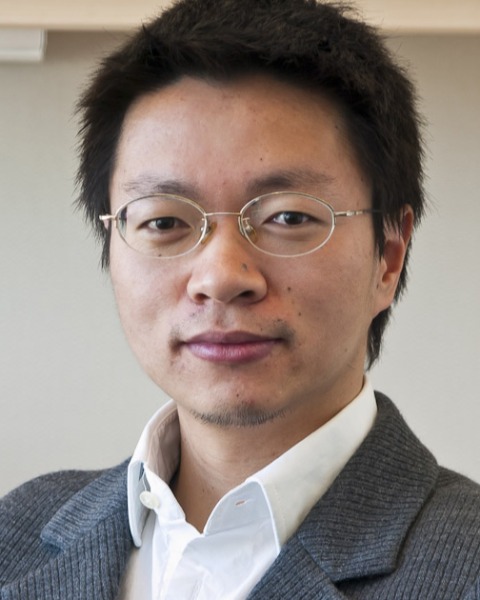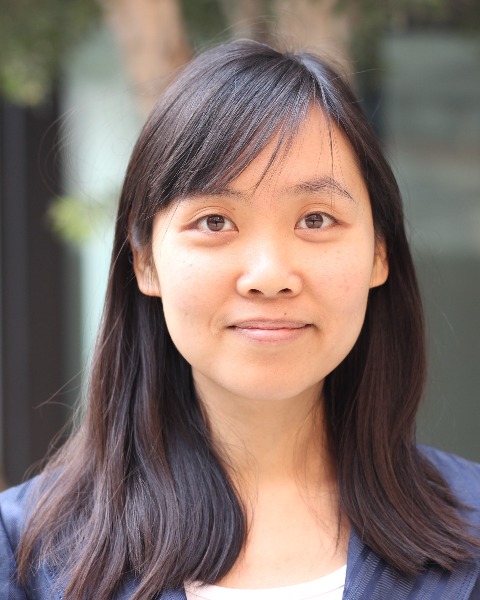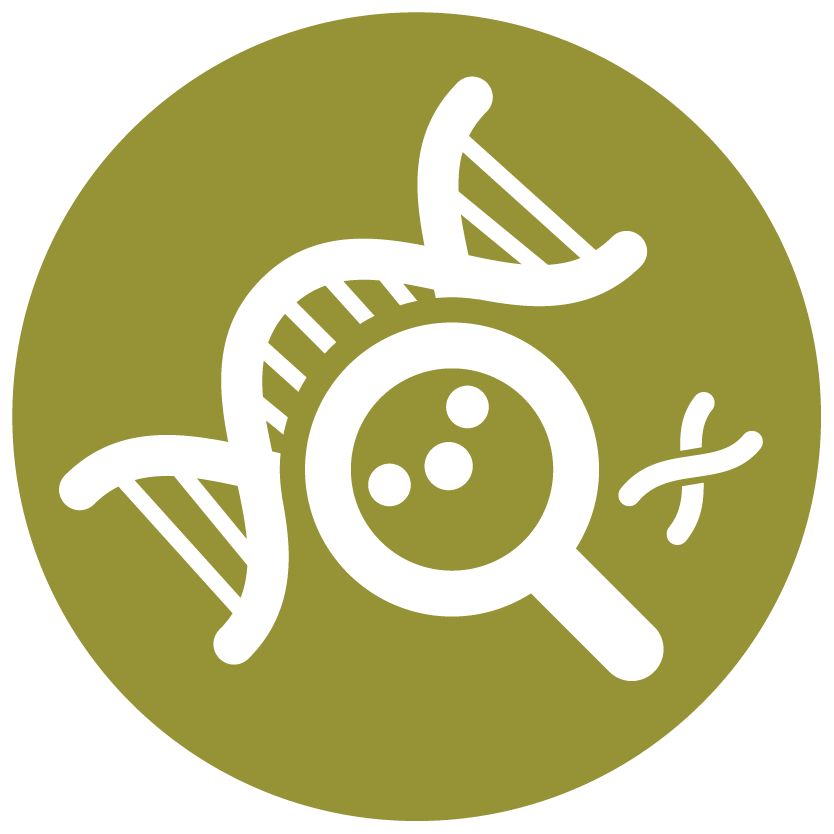Discovery and Basic Research
Keynote: Illuminating Dynamic Architecture of Living Systems to Discover Biology and Identify Therapeutics
-

Xiaokun Shu, PhD
Professor
University of California, San Francisco
San Francisco, California -

Juan Guan, PhD
Assistant Professor
University Of Texas At Austin
Austin
Keynote Speaker(s)
Moderator(s)
The Shu laboratory has established 3 research programs: I) Designing innovative biological tools using new physical & chemical principles, including 1) biosensors for visualizing dynamic cell signaling in vivo in order to understand animal development, homeostasis and disease, because dynamical features of signaling are the essence of living organisms. Effector proteins such as protease and kinase regulate almost all major signaling pathways, and protein-protein interactions (PPIs) define specificity of signal transduction from extracellular cues to the appropriate intracellular effector proteins. We have developed new classes of fluorescent reporters of proteases, kinases, and PPIs. These reporters achieve large dynamic range, high brightness and fast kinetics, in addition being genetically encoded requiring no exogenous cofactor for non-invasive imaging. Our reporters enable robust and rapid imaging of dynamic signaling in living cells and animals. 2) Chemogenetic tools for manipulating cell signaling, protein interaction and phase separation. II) Discovering new biological principles enabled by our tools, including 1) Differential regulation of the transcriptome by phase separation of transcription factors (such as MYC, YAP); 2) Polarized activities of focal adhesion kinase in single focal adhesions during cell migration. III) Identifying new therapeutics enabled by our tools and newly discovered mechanisms, including 1) anti-cancer reagents; 2) Antiviral therapeutics including inhibitors against the interaction between viral protein and host cell receptors, and viral protease inhibitors.
Learning Objectives:
- Upon completion, participant will be able to to learn the latest innovative biological tools includign biosensors for illuminating dynamic architectures of living systems.
- Upon completion, participant will be able to to learn new biological principles that are revealed by these tools.
- Upon completion, participant will be able to to learn new therapeutics that are discovered by these tools.

